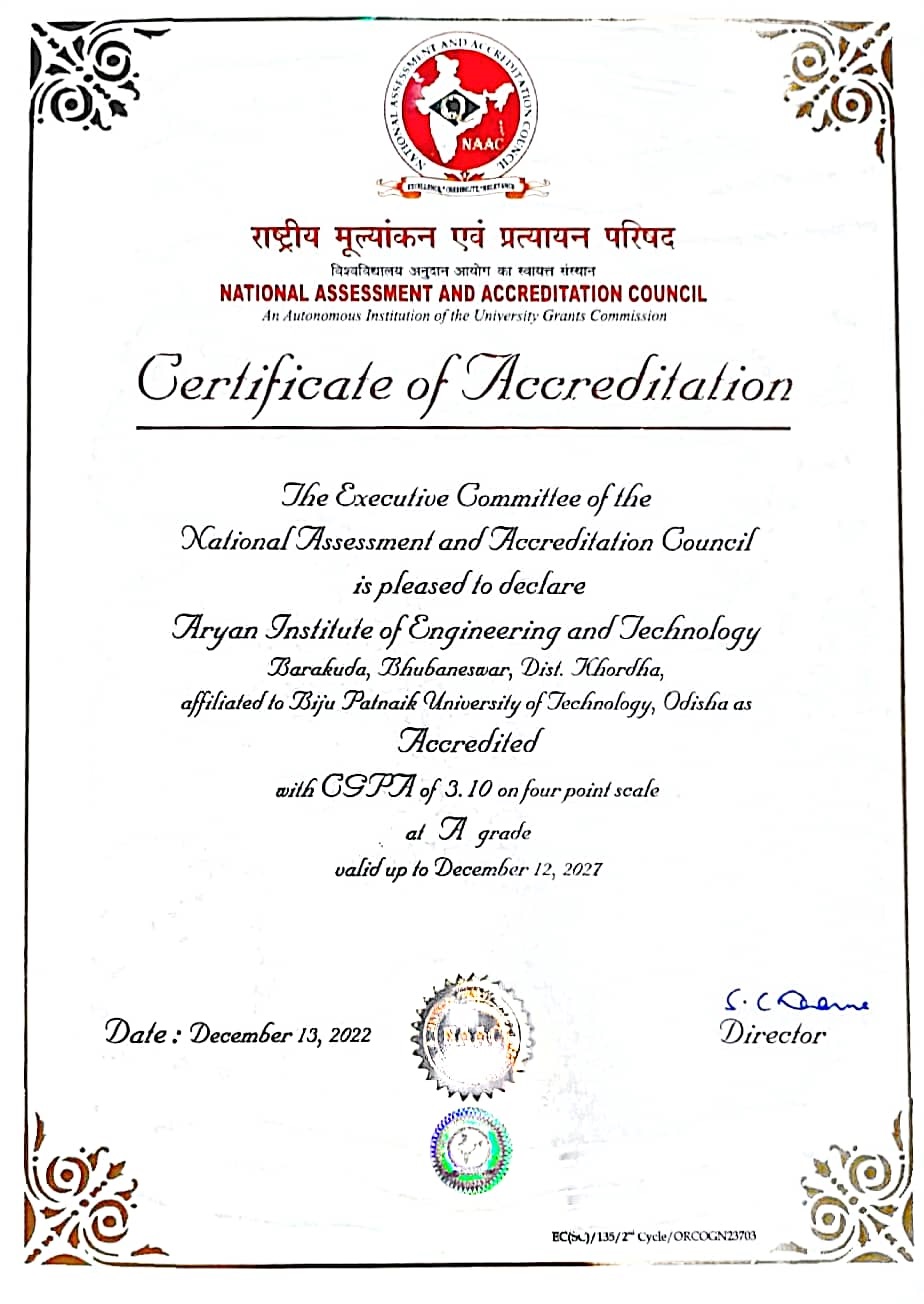-
Engineering knowledge: Apply the knowledge of
mathematics, science, engineering fundamentals, and an engineering
specialization to the solution of complex engineering problems
-
Problem
analysis: Identify, formulate, review research literature, and analyze
complex engineering problems reaching substantiated conclusions using
first principles of mathematics, natural sciences, and engineering
sciences.
-
Design/development of solutions: Design
solutions for complex engineering problems and design system components
or processes that meet the specified needs with appropriate
consideration for the public health and safety, and the cultural,
societal, and environmental considerations
-
Conduct
investigations of complex problems: Use research-based knowledge and
research methods including design of experiments, analysis and
interpretation of data, and synthesis of the information to provide
valid conclusions.
-
Modern
tool usage: Create, select, and apply appropriate techniques, resources,
and modern engineering and IT tools including prediction and modeling to
complex engineering activities with an understanding of the
limitations.
-
The
engineer and society: Apply reasoning informed by the contextual
knowledge to assess societal, health, safety, legal and cultural issues
and the consequent responsibilities relevant to the professional
engineering practice.
-
Environment and sustainability: Understand the
impact of the professional engineering solutions in societal and
environmental contexts, and demonstrate the knowledge of, and need for
sustainable development.
-
Ethics:
Apply ethical principles and commit to professional ethics and
responsibilities and norms of the engineering practice.
-
Individual
and team work: Function effectively as an individual, and as a member or
leader in diverse teams, and in multidisciplinary settings.
-
Communication: Communicate effectively on
complex engineering activities with the engineering community and with
society at large, such as, being able to comprehend and write effective
reports and design documentation, make effective presentations, and give
and receive clear instructions
-
Project
management and finance: Demonstrate knowledge and understanding of the
engineering and management principles and apply these to one’s own work,
as a member and leader in a team, to manage projects and in
multidisciplinary environments.
-
Life-long
learning: Recognize the need for, and have the preparation and ability
to engage in independent and life-long learning in the broadest context
of technological change.



.png)

